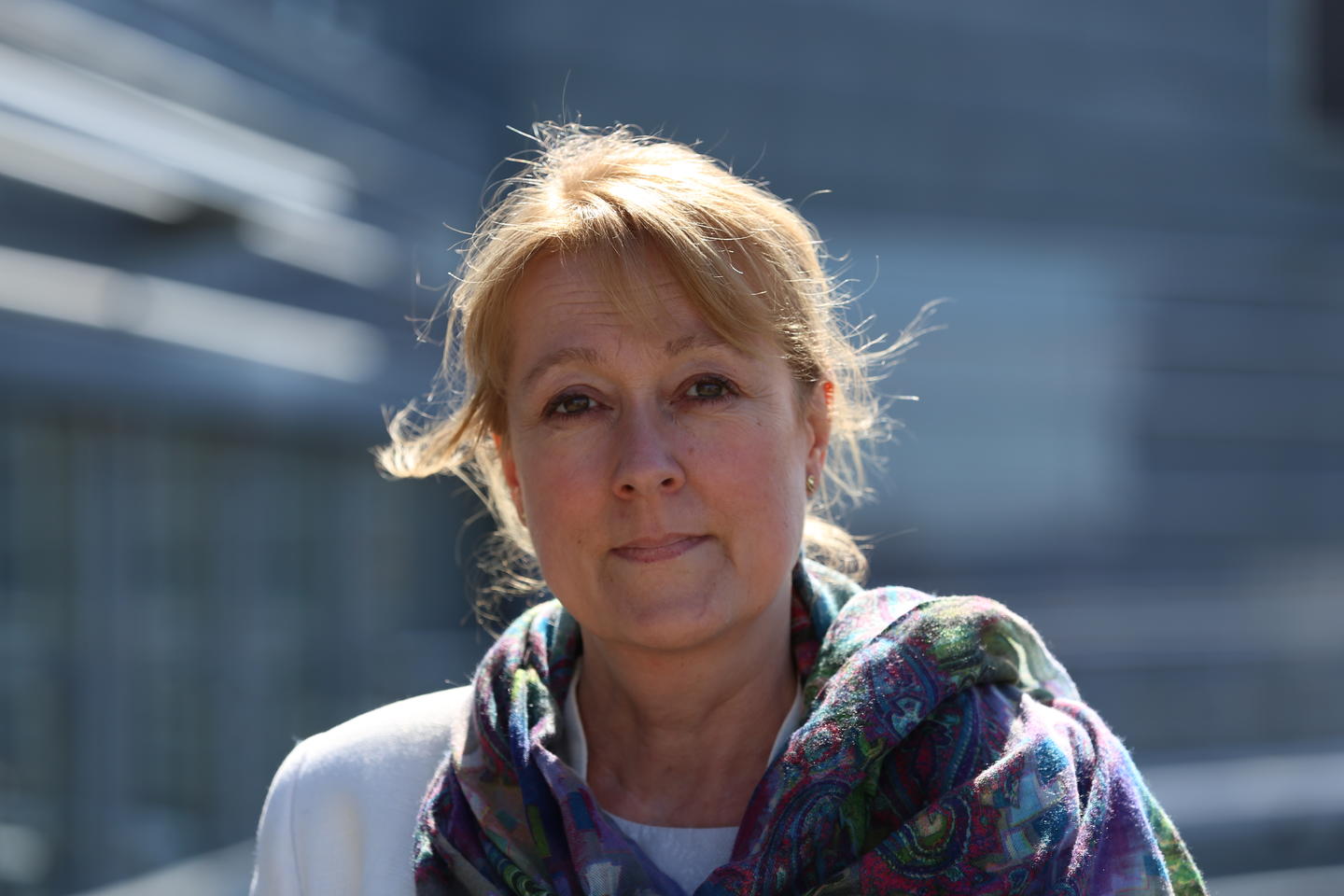Organisations from Iceland, Liechtenstein and Norway and the Council of Europe play a vital role as donor programme partners in many programmes supported by the EEA and Norway Grants. We have asked four partners taking part in the justice programmes (funded by Norway) about their participation as donor programme partner. This is the second of four interviews.
Schengen cooperation and cross-border crime
Millions of people can travel between the Schengen countries without border checks. However, open borders also leave countries more vulnerable to cross-border crime such as human trafficking, illegal immigration and smuggling.
Through the Grants, Norway contributes to strengthening cooperation between the police and other law enforcement agencies – vital in the fight against cross-border organised crime.
The Norwegian National Police Directorate (POD) is involved as a donor programme partner in the Schengen Cooperation and Combating Cross-Border and Organised Crime programmes in Bulgaria and Romania. POD assists the programme operators and share its experience related to Schengen cooperation and cross-border and organised crime in the preparation and implementation of the programmes. In both programmes, the Norwegian Police Directorate is also taking part in partnership projects.
We asked the Assistant Chief of Police in the international section, Eva Lynghjem, about the Directorate's involvement in the Schengen and cross-border cooperation programmes.
Q. How has POD benefitted from its involvement in these programmes?
A. It is of great value to be able to learn from each other’s experience in order to fight organised and cross-border crime. The programmes allow us to focus on the wider picture and not just those that emerge on a case-by-case basis through regular criminal investigations, or through already established fora, such as Interpol and Europol. Bilateral cooperation is necessary to fight cross-border and organised crime.
Q. Have you learned anything from the experience that you’ve found useful in Norway?
A. Different units within our Police Service have had the chance to cooperate with similar units in the beneficiary countries in order to learn more about their police system. This gives us a better understanding of crime that is committed in Norway.
Q. Is there a particular project where your involvement has made a real difference?
A. Norwegian and Bulgarian police have a joint project, sharing best practice in the use of different Schengen information sharing and cooperation tools, such as SIRENE. Norway has been using these tools since 2001 and therefore has a great deal of experience in their use so we are sharing this expertise with our Bulgarian counterparts.
POD is also a donor programme partner in the capacity building programme in Lithuania and in the domestic and gender-based violence programme in Romania.
Read more about the Schengen cooperation and combating cross-border and organised crime
Other interviews in this series
Read the interview with Kim Ekhaugen from the Directorate of Norwegian Correctional Service
